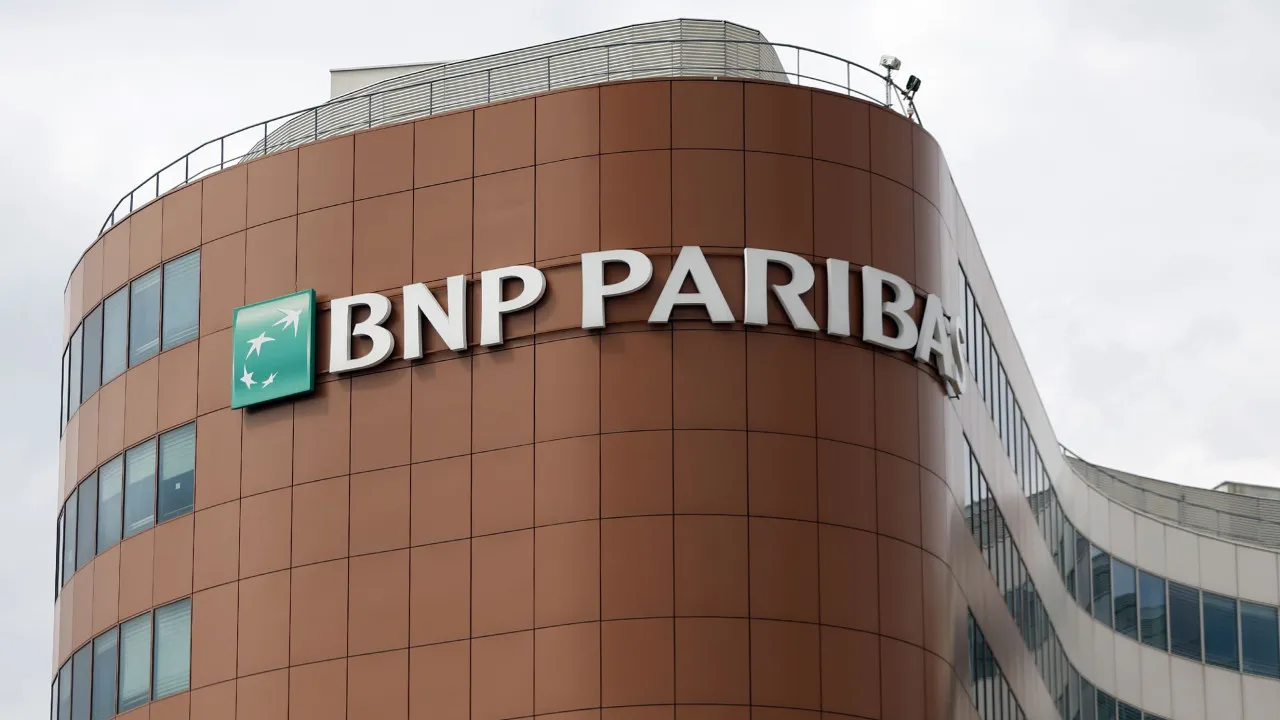
The SinTAF – Sindicato dos Trabalhadores da Atividade Financeira announced that it “called a workers’ meeting at BNP Paribas,” ensuring it had taken “all legal steps for its realization,” but the bank prevented “the meeting and the entry of SinTAF officials.”
This situation followed SinTAF’s proposal for a Company Agreement to BNP Paribas, to which, it noted, “the company responded by rejecting 90% of the clauses.”
As a result, SinTAF scheduled a meeting for this afternoon “to clarify the workers,” which ultimately did not take place.
“SinTAF took all legal measures, involving the police and filing a complaint with the ACT [Authority for Working Conditions],” according to the statement.
Lusa contacted BNP Paribas, which stated that “SinTAF was required to present a proposal on how ‘urgent and unavoidable services’ would be ensured in accordance with Article 420, paragraph 2 of the Labor Code,” meaning “in the case of a meeting during working hours, (…) a proposal must be presented to ensure the operation of urgent and essential services.”
“In the absence of this proposal, BNP Paribas formally informed SinTAF in four different communications about the necessity and urgency of it. Due to the absence of this requirement, BNP Paribas considered the legal conditions for holding the meeting to not be met,” it added.
A union source, on the other hand, rejected this claim, stating that minimal services do not make sense in the banking sector and that urgent services are “vague” and depend on each team, having advised workers that they could leave the meeting for urgent reasons.
The same source explained to Lusa that the bank’s proposals harm workers with “irregular working hours,” also mentioning that the salary table was rejected because the bank said “salary scaling” does not make sense.
Workers intend to continue negotiations and, if the bank does not respond, they will request mediation from the Ministry of Labor and even consider advancing with demonstrations and other protest actions.
BNP Paribas stated that it “is naturally available to facilitate the meeting in question as soon as all necessary legal conditions are met.”




